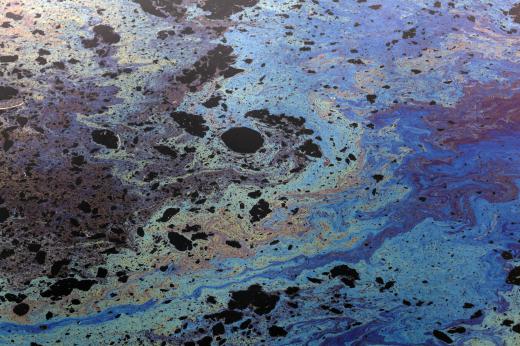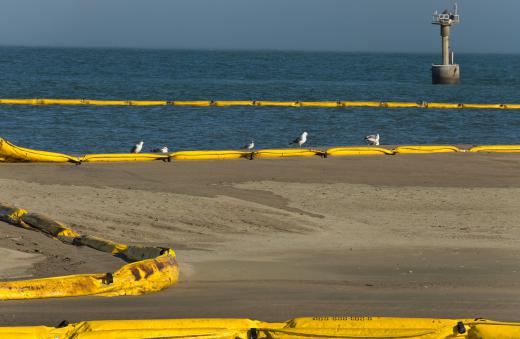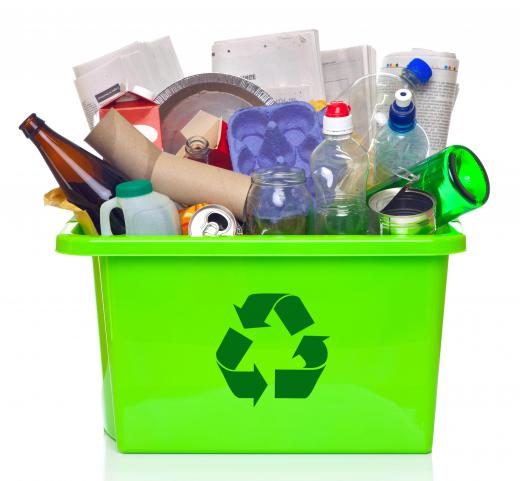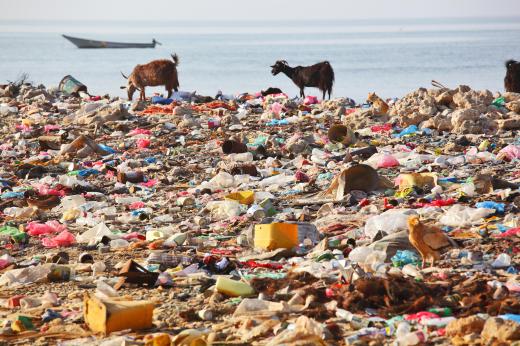Ocean pollution is caused by chemicals and other debris contaminating ocean waters. Oil spills, factory run off, and litter all contribute to the issue. Although some natural events, such as volcanoes, can cause some pollution, the majority come from human activities. Fortunately, there are many things that can be done to prevent this problem.
Water is one of the most valuable natural resources on Earth, and it needs to be protected. One of the best ways to do this is to learn about proper waste removal practices. Automobile oil, paint, and leftover cleaning chemicals should all be properly disposed of, and not just dumped down the drain, thrown away, or spilled on the ground. Any of these methods can affect the local water supply, and possibly lead to more pollution in the ocean.

People need to be conscientious about their trash and not litter. Following a recycling program can help reduce the amount of garbage that is being sent to dumps. Runoff water can carry garbage and other contaminants to the ocean, where they have the potential of harming wildlife. Individuals can also organize community cleanup days, especially if they live near a major body of water, such as the ocean, a lake, or a river.

It can also be useful for individuals to let the government know that they are concerned about the amount of industrial waste that is dumped into oceans. This is one of the most devastating forms of water pollution. People can insist on stricter government regulations for factory waste disposal, and encourage companies to use cleaner ways to treat and dispose of waste.

There are many great reasons to prevent ocean pollution. One of the biggest is the effect that pollution can have on the food chain. Many pollutants can kill off large populations of smaller marine animals and plankton, which are then no longer available for larger animals to eat. This shortage soon begins to reduce the numbers of the larger animals. As the chain continues, the number of sea creatures in the ocean gets smaller and smaller, which reduces the amount of fish available for commercial markets. The pollutants can also make seafood unsafe to eat. This has already begun to happen with mercury in several varieties of larger fish that have been contaminated with mercury.

One of the best ways to protect the planet is to keep the oceans healthy, and there are many ways for people to make a difference. Cutting down on water use, being careful about any chemicals that come in contact with water supplies, and encouraging large companies to improve their waste management techniques are only three of the many possibilities. Learning more about how to help prevent ocean pollution is one of the best things a person can do to make the world a cleaner place.

